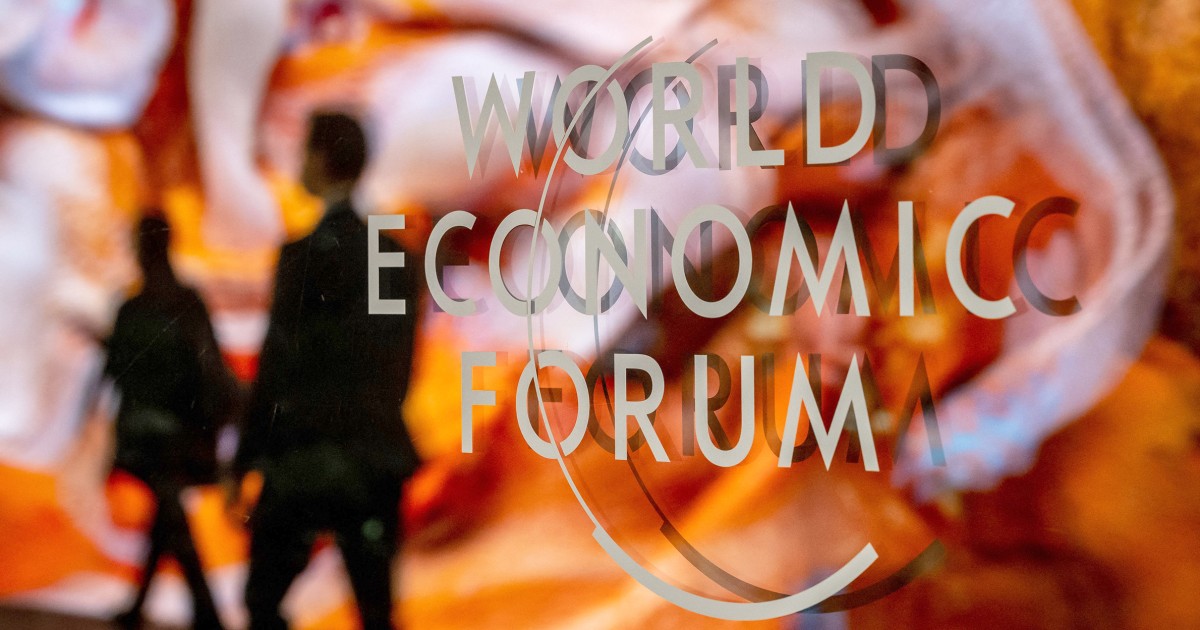- Click to share on Facebook (Opens in a new window)
- Click to share on Twitter (Opens in a new window)
- Click to share on LinkedIn (Opens in a new window)
- Click to email a friend (Opens in a new window)
Editor's Note: John Avlon is a senior political analyst at CNN. The opinions expressed in this comment are yours. See more opinions on CNN.
(CNN) - These are strange and difficult days. We are experiencing a pandemic, and everything normal in our daily lives has been suspended. A hug or a handshake could spread a deadly disease that is already galloping out of control.
It will get worse before it gets better. More people will get sick and some will die. But we will get over it.
Do you know how we can say that for sure? Because we've been through much worse things before.
Just over 100 years ago, the world suffered from the Spanish flu epidemic. Despite its name, most investigators believe that it actually started at a Kansas Army base in the spring of 1918. It killed over 50 million worldwide, including members of my family, and more than 675,000 people. they died here in America at the same time, when our population was one third of its current size.
To put it in perspective, they are more Americans than were killed in World War I, World War II, the Korean War, and in Vietnam ... combined.
It had a 2% death rate, according to the Centers for Disease Control and Prevention (CDC), about twice what experts believe is the coronavirus death rate, and 20 times that of the common flu. Fortunately, medical science has improved dramatically since then, when public health was in its infancy.
- MORE: How to strengthen your immunity against the coronavirus. Part 1: diet
But the lessons to be learned from the Spanish flu epidemic are mainly what not to do.
The government was in denial at first. President Woodrow Wilson never spoke in public, despite being affected himself. Talking about the virus was believed to harm morale as the country emerged from World War I.
While public schools and the Supreme Court were closed in Washington, the surgeon general of the United States told people that "there is no cause for alarm if precautions are taken."
In Philadelphia, local officials ignored public health warnings and allowed a massive patriotic parade to continue days after a ship carrying soldiers home from Europe arrived in port. In 10 days, according to one historian, there were more than 1,000 Philadelphia residents killed and approximately 200,000 sick.
Despite that, the mayor of Pittsburgh, in the western end of the same state, resisted orders to close restaurants and bars, saying it did not appear to be affecting his city in large numbers. It soon did. Other cities, such as Denver and Cheyenne, Wyoming, reopened too soon and deaths rose again.
Finally, the Spanish flu ran its course. But the human cost was staggering. We did not have the science to combat or contain it.
We need to apply the lessons of history to avoid repeating them.
First, truth and transparency are important. As John M. Barry, author of "The Great Flu," told the Washington Post: "The number one lesson ... is that if you want to avoid panic, you are telling the truth."
Second, social distancing works: this is not rocket science. They knew enough to do it in 1918. It worked then in cities that imposed it early, like St. Louis. So stay home if you can.
- MORE: WHO Director Gives 6 New Measures to Contain Coronavirus Worldwide
Third, practice good personal hygiene: washing your hands is essential, and wearing masks can help keep the virus out, if you can get one.
Finally, listen to the public health experts. Science matters. We are going to innovate to get out of this, but it will take time to find a treatment and much more a vaccine.
For the past century, we have overcome fearsome diseases like polio, which took advantage primarily of children and is believed to have paralyzed Franklin Delano Roosevelt 12 years before he became president. And when American scientist Jonas Salk discovered a vaccine, he gave up the rights for free to help as many people as possible.
We have overcome pandemics such as the largely forgotten flu of 1957-58, which killed approximately 1.1 million people worldwide, including 116,000 Americans. We also stopped potential pandemics like the Ebola virus through proactive public health initiatives that helped stem its spread to West Africa. And some pandemics, like HIV, continue to afflict us, after more than half a million deaths in the United States. and 32 million worldwide, despite the development of drugs that now keep people alive.
If you feel anxious, you are not alone. But panic never solved a problem.
The world may seem to be ending, but it is not. Recently, REM's 1987 song "It's the End of the World As We Know It" has reappeared on the charts, but it's the later half of that title that matters most ... "as we know it."
The world has changed and will not be the same for a time. But the more we adjust our habits now, the more successfully we will emerge.
We will need to learn the correct lessons from the coronavirus crisis, from the inequities in our healthcare system, to the domestic manufacturing of critical items such as masks, to a strengthened safety net for small businesses and freelancers. In these and many other areas, we have to re-examine whether we have our priorities directly as a nation.
But know that we will get through it - especially if we learn the lessons of history and listen to science.
coronavirus








/cloudfront-eu-central-1.images.arcpublishing.com/prisa/PCE7NMB26ZDVRIQX2R26JSNH6A.jpg)